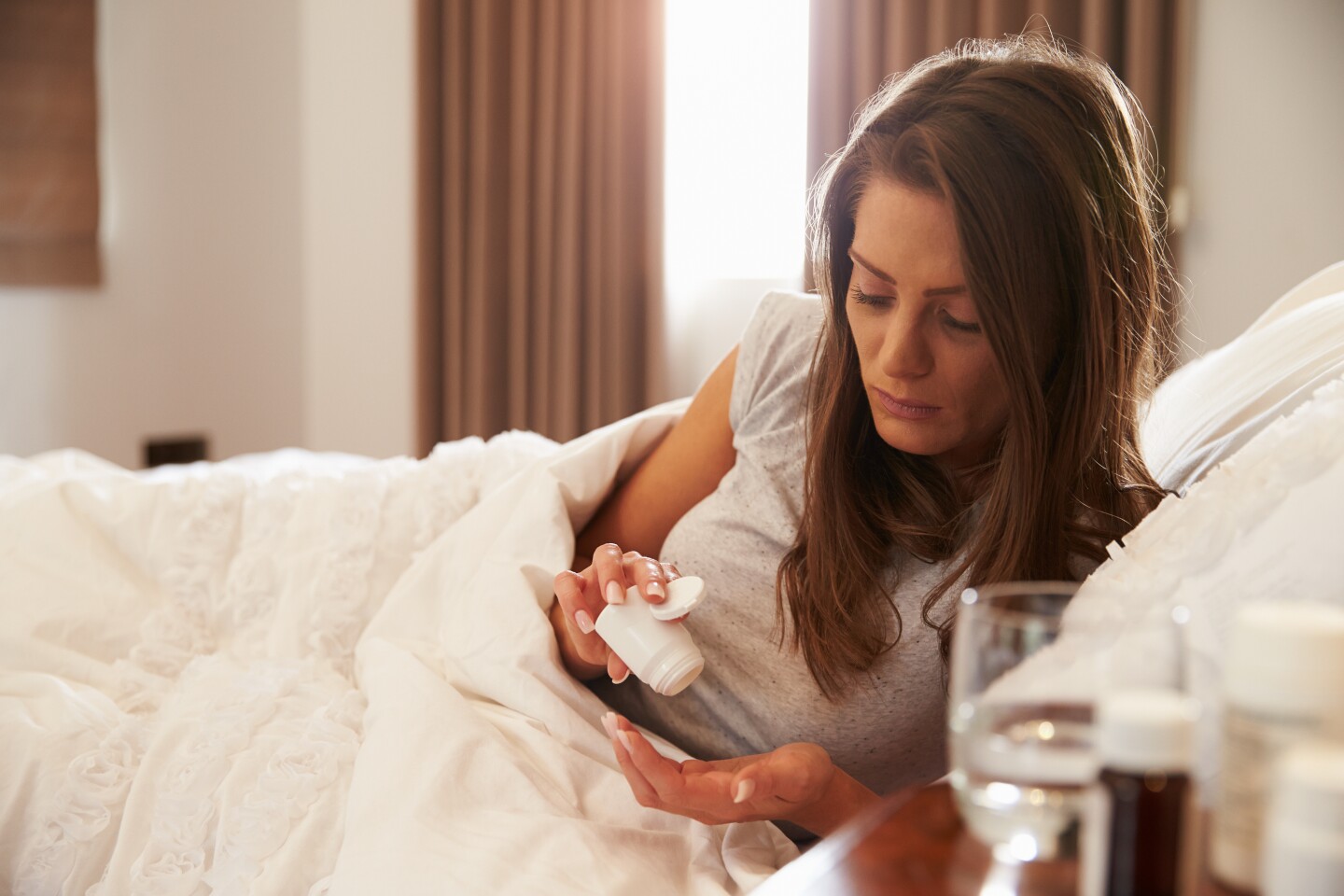Potentially life-saving sticker blows the whistle on post-surgical leaks
A simple little sticker could soon be saving the lives of patients recovering from gastrointestinal surgery. The clever device is designed to detect the presence of leaking digestive fluids sooner than otherwise possible.Continue ReadingCategory: Medic… Continue reading Potentially life-saving sticker blows the whistle on post-surgical leaks

